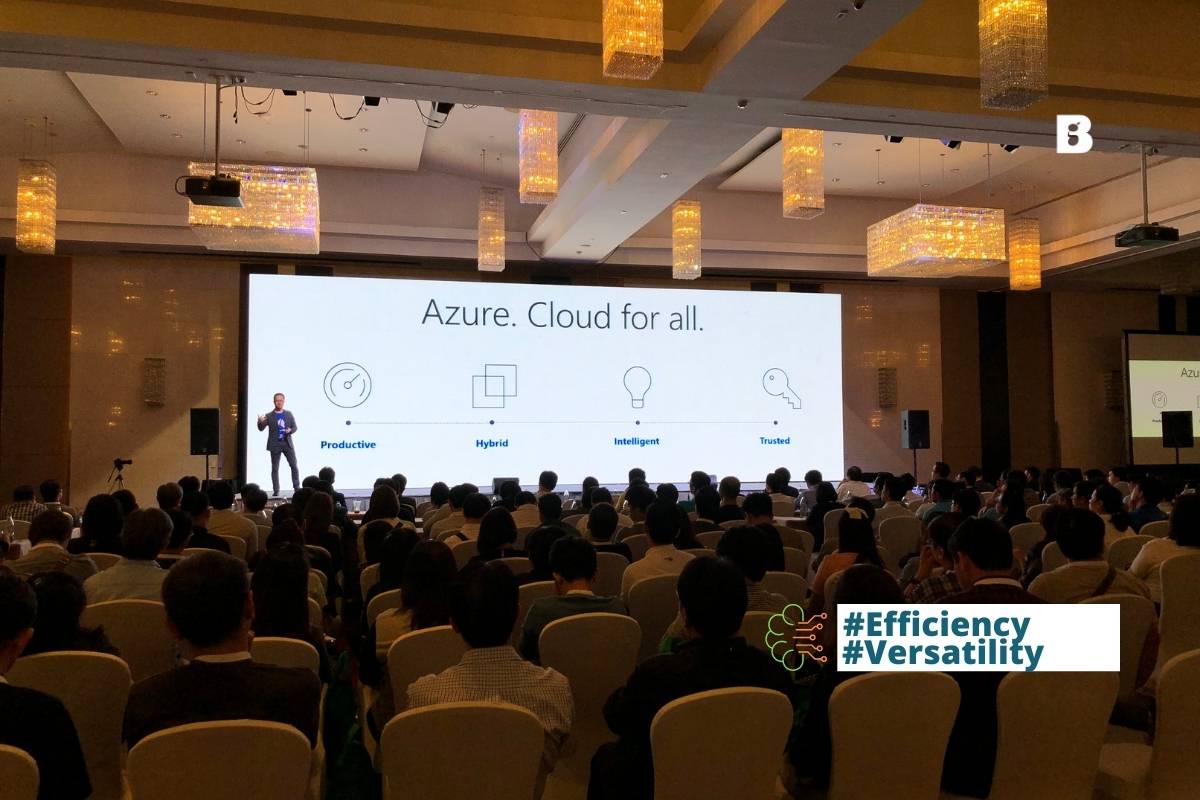Cloud-native is out to change the way we think about building critical business infrastructure. It is leading the way in digital disruption and revolutionizing numerous industries. Although you may be hearing the term “cloud-native” more frequently, it is often ambiguous and underutilized.
But we are here to share five cloud-native startups you should have on your radar this year, so you too can achieve digital transformation.
Exploring Cloud-Native Environments
If you were to ask five of your closest colleagues to define cloud-native, you would more than likely get five different answers. So, what does “cloud-native” mean?
According to the Cloud-native Computing Foundation (CNCF), an official definition of cloud-native is, “technologies that empower organizations to build and run scalable applications in modern, dynamic environments such as public, private, and hybrid clouds. Containers, service meshes, microservices, immutable infrastructure, and declarative APIs exemplify this approach.”
They add, “These techniques enable loosely coupled systems that are resilient, manageable, and observable. Combined with robust automation, they allow engineers to make high-impact changes frequently and predictably with minimal toil.”
Simply put, cloud-native is a term used to describe container-based environments. You can use these technologies to develop applications built with services packaged in containers, deployed as microservices, and managed on elastic infrastructure.
Keep Cloud-Native on Your Radar
Cloud-native is about speed and agility. Business systems are quickly evolving, and getting ideas to market as soon as possible is imperative. Here are five startups to have on your radar in 2020 that will help you harness the power of cloud-native technology within your business.
Kubernetes
Kubernetes, pronounced “koo-ber-net-ees,” is an open-source software used to deploy and manage containers at scale. Modern applications are often built using containers, which are microservices packaged with their dependencies and configurations. The CNCF acquired Kubernetes in 2016.
Fun Fact: Kubernetes is the Greek word for helmsman of a ship or pilot.
With Kubernetes, you can build, deliver, and scale containerized apps, sometimes referred to as “k8s” or “k-eights,” faster than ever before. It organizes clusters of virtual machines and schedules containers to run on those virtual machines. Kubernetes automatically manages service discovery and includes load balancing, tracks resource allocation, and scales based on compute utilization.
HPE-Scytale
On February 03, 2020, Hewlett Packard Enterprises (HPE) acquired Scytale.io. Scytale is a cloud-native security startup built on the open-source Secure Production Identity Framework (SPIFFE) protocol. Scytale investigates application-to-application identity and access management, which is becoming increasingly essential as more transactions occur between apps without human intervention.
HPE wanted to expand into cloud-native security, delivering on its already existing edge to cloud platform. They recognize that every organization that operates in a hybrid, multi-cloud environment requires 100 percent secure systems that can authenticate data in real-time. HPE will continue to be stewards of the SPIFFE and SPIRE (the SPIFFEE Runtime Environment) projects, both of which the CNCF support.
Datadog
Datadog is a monitoring platform specifically for cloud applications. They bring together information from servers, containers, databases, and third-party services to make your company’s stack entirely observable. The features help DevOps teams avoid downtime and resolve performance issues.
In early 2019, Datadog acquired the widespread monitoring and analytics platform, Madumbo. Madumbo offers users a way to test web applications without having to write additional code, promising to let developers build tests by merely interacting with the site. The cloud-native duo will be working together at Datadog’s existing Paris office. Together, they will work on new products that empower users to level up their monitoring capabilities.
Istio
Istio is an open platform that provides users with a consistent way to connect, control, and secure microservices. It allows users to build a network of deployed services, including tools for load balancing, service-to-service authentication, and monitoring. Since the platform sits at the network level, it does not require any changes to the actual application to achieve any of its features. Additionally, it uses a proxy to intercept all network communication between microservices.
Istio is a leading contender as a preferred control plane manager. It is built around an envoy proxy to manage, control, and monitor traffic flow. According to a CNCF survey in 2019, Istio is at the top of the chart as the preferred service mesh project.
containerd
Originally built as an integration point for OCI runtimes like runc, containerd is an industry-standard container runtime that specializes in simplicity, robustness, and portability. It is an official project within the CNCF similar to Kubernetes, Prometheus, Envoy, and CoreDNS. The containerd platform is available as a daemon for Linux and Windows and manages the complete container lifecycle of its host system. Docker, Kubernetes CRI, and various other projects currently use containerd.





